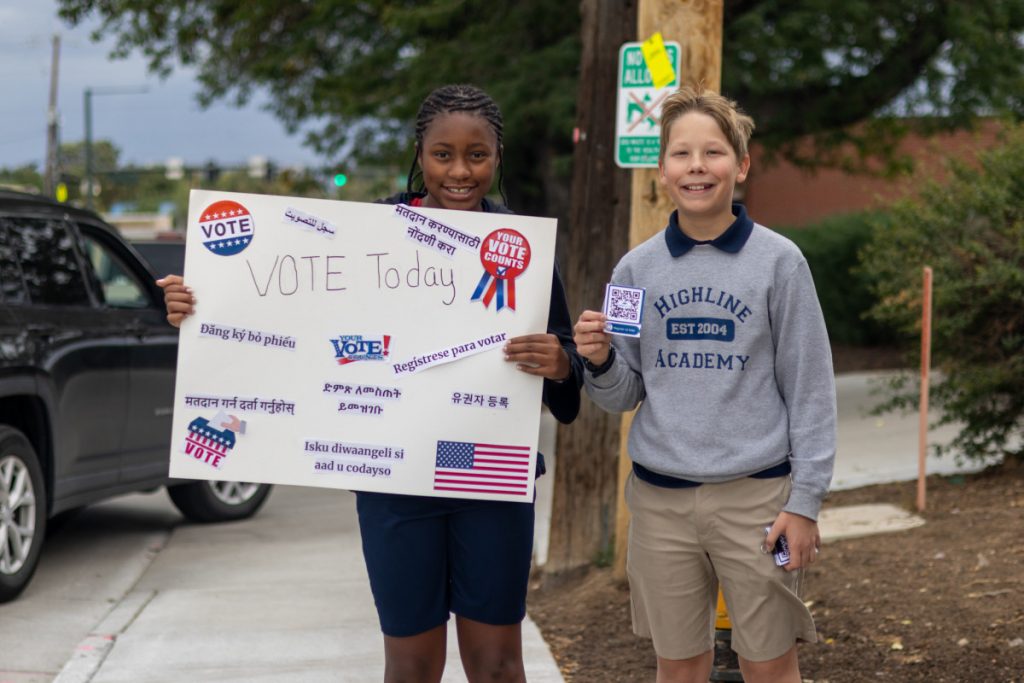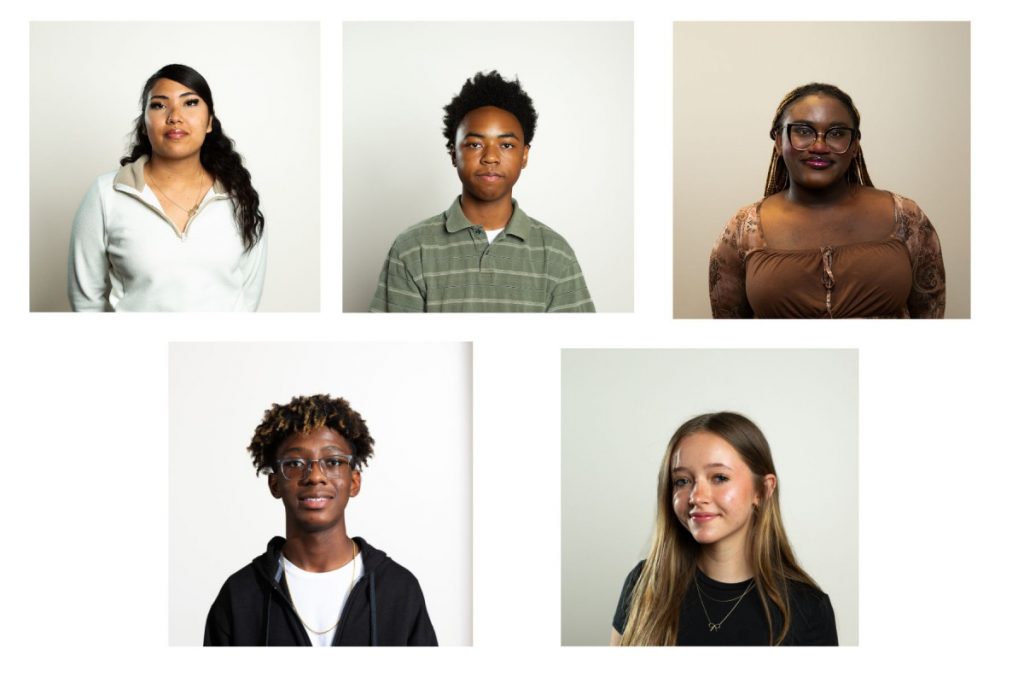June is often the beginning of a quiet period for Denver Public Schools, with school out until August, and educators heading out for much-deserved recharging time.
But in the current world of DPS, there is no downtime, and last month was no exception. I was gone for a spell, and came back to some significant developments, a couple of which again demonstrate that the district continues to move away from transparency.
First, Denver District Court Judge Andrew Luxen sided with a consortium of media organizations that sued the district, ruled that the DPS board did, in fact, violate the state’s open meetings law by holding a five-hour executive session the day after the March shootings at East High School. After reviewing a recording of the meeting, Luxen ordered the district to release the recording to the public on June 26.
He wrote that the board engaged in a wide-ranging discussion about security arrangement that stepped outside the bounds of a legitimate executive session.
But the district appealed the ruling to the Colorado Court of Appeals. This means weeks or even months could pass before the public gets to see what was discussed in secret on the most volatile issue in what has been an unusually volatile year.
The current DPS board and administration must think there are damaging or embarrassing revelations on that recording. But fighting to withhold it from public scrutiny further erodes confidence in an institution that has been losing credibility and trust over the past couple of years.
Dragging out the legal battle means the issue will stay alive and continue into school board election season. From the district and board perspective, that seems counterproductive.
The second move to limit transparency came in a failed attempt by Superintendent Alex Marrero to deny a data request from a University of Colorado researcher who wanted to take a deeper dive into why the district’s reforms of the previous decade led to strong gains in student achievement as measured by standardized test scores.
Parker Baxter, director of the University of Colorado Denver’s Center for Education Policy Analysis, released a study last year that showed DPS students experienced unprecedented gains in academic achievement and graduation rates during the so-called reform years of 2007-2019.
The new study, which requires access to student-level data, with student identities masked, would look at DPS and 11 other Colorado districts to try to pinpoint which elements of the reform approach had the biggest impact.
As Chalkbeat reported in a June 14 story:
“Two critiques of the study were that it didn’t isolate the effects of particular strategies, such as closing schools with persistently low test scores or opening new charter schools, and that it didn’t fully account for changes in the student population of Denver, which grew by some 20,000 children during the same time period. Baxter hopes to address both those concerns and provide better information about which school improvement strategies boosted student academic performance…”
In a letter to the State Board of Education, Marrero faulted the previous study and used that as a basis for asking the board to deny Baxter’s request.
“…both studies ignore the downside of past reform efforts, e.g., the impact of school closure on communities, a focus on competition over collaboration and its impact on school staff, to name a few. These studies also focus on a narrow set of academic outcomes, as opposed to a broader set of success metrics which take into account social emotional gains with regards to our mission to educate the whole child.”
In other words, Baxter’s findings refuted the current DPS narrative that previous regimes made DPS a virtual gulag, rife with systemic racism and systems of oppression. DPS all but ignored Baxter’s first report because it didn’t support that narrative.
Fortunately, the state board voted 5-4 to release the data. But the fact that four board members bought DPS’s argument is troubling.
The other notable development was the decision by DPS board Vice-President Auon’tai Anderson not to seek another term on the board, but rather to run for a vacant state House of Representatives seat. Anderson faced a tough reelection battle for his seat.
This means one of several big personalities (and egos) on the board will be leaving the scene, which could help calm its choppy waters. But Anderson is not leaving quietly. Based on recent social media posts, he is going out throwing haymakers, collegiality be damned.
In one Tweet, he urged voters not to reelect fellow board member Scott Baldermann. In another, he lambasted the four board members who voted to bring School Resource Officers back into district schools.
“If you supported the school-to-prison pipeline or voted to reinstate it, remain silent today,” Anderson tweeted on Juneteenth. “We do not need to hear your performative statements supporting the Black community when you support the imprisonment of our children. This isn’t up for debate or discussion.”
Looks like we have an interesting few months in store between now and election day.




